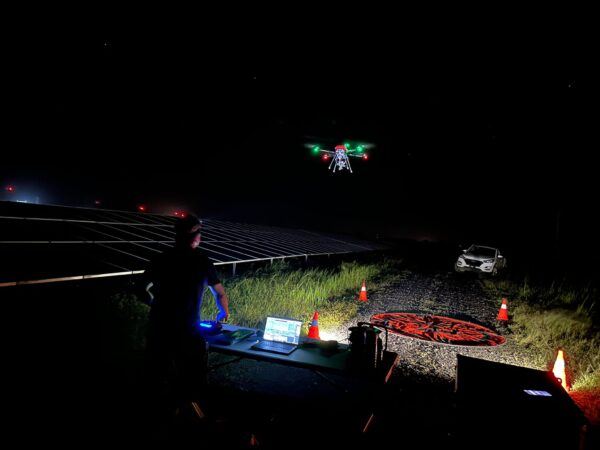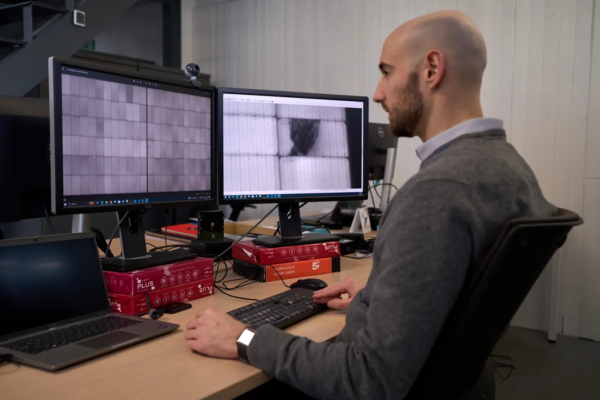PVmagazine: “New pioneering project for inspection and diagnosis of large photovoltaic plants with drones, electroluminescence, and AI”
The headline of the news in PVmagazine encapsulates our milestone: “New pioneering project for inspection and diagnosis of large photovoltaic plants with drones, electroluminescence, and AI.” This project marks a significant advancement in the application of electroluminescence technology, previously confined to laboratory or factory settings, now deployed in the field at a large scale.
The project was conducted at the Penonomé photovoltaic plant, with a capacity of 150 MWp, in Panama, owned by Avanzalia, as part of our ongoing commitment to innovation and excellence in the renewable energy sector. This initiative represents the first commercial case of Celsos, a system originally developed by the National Renewable Energy Centre (Cener), now rolled out in the field through collaboration with Ingeteam.

The inspection and diagnosis process were divided into three main phases: inspection, image analysis, and diagnosis. Using drones equipped with electroluminescence cameras and the technology of the central inverters Ingecon Sun Power series B by Ingeteam, a comprehensive inspection of all modules present in the plant was conducted within a period of 15 days.
Subsequently, over 450,000 images were processed using artificial intelligence models to detect and classify defective modules according to predefined quality criteria. This methodology enabled the identification of defects related to both cell manufacturing quality and the assembly process, providing Avanzalia with the necessary tools to claim any detected damage from the EPC Contractor.
This project demonstrates the potential of electroluminescence and artificial intelligence in the inspection and maintenance of large-scale photovoltaic plants. In addition to its application in quality control and damage assessment, this technology offers opportunities for low-performance diagnosis and predictive maintenance activities, paving the way for a more efficient and sustainable photovoltaic industry.

